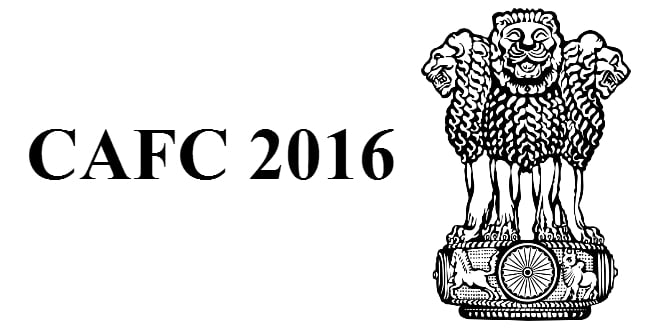In what seems could be a setback to the auto industry, which is already under pressure due to declining sales, the Government of India has stated new obligatory fuel proficiency standards that could be introduced by 2016. The Corporate Average Fuel Consumption Policy, as it is known, aims to set higher efficiency norms for cars and bikes in India. This policy, while making cars more fuel-efficient, will increase the cost of the car as manufacturers will have to invest more into R&D and the components would be much more costlier than before. The policy will put more restrictions on the the sale of SUVs, luxury cars and the likes in India, which are already feeling the pinch thanks to the GoI’s higher duties on such vehicles.

The move, once actualized, is liable to decrease the carbon foot impression of the auto industry. It is the first occasion when that such standards have been presented in India. There are about 80 passenger vehicles running on Indian roads out of which only 8 are in sync with the latest norms stated by the government. As per the latest rules, the car mileages will have to increase by 14 percent by 2016-17 and 38 percent by 2021-22. They have been laid out by Bureau of Energy Efficiency which is also proposing a star rating for vehicles like electrical appliances.
The rules have been named as Corporate Average Fuel Consumption (CAFC) rules. On an average, the vehicles in India average about 16 KMPL which is expected to rise to 18.2 KMPL by 2016-17 which will be followed by 22 KMPL by 2021-22. The auto industry is already undergoing a lot of issues with poor sales and need for upgradation of safety norms and with the addition of better fuel efficiency, the prices are expected to soar. The rules will apply alike to all the cars no matter what form of fuel, be it petrol, diesel or any form of liquefied gas. They would extend to the imported vehicles as well. The ministry will create 8 weight categories to divide the cars plying on Indian roads and the fuel efficiency and consumption of vehicles will be measured on their weights. Failure to comply with the norms will attract a penalty of Rs 10 lakh as a one time payment and the same will be followed up by a Rs 10,000 fine/day till the time the vehicles do not meet the new efficiency norms.
All of this is in welfare of the common man in the longer run, but will the industry benefit from the same? The country will save about 20 million tonne of fuel after the implementation of new norms in about 20 years from now, but these norms could scare away investment coming into the country at the same time.
What do you think of this policy? Is it too harsh? Or do you think more should be done? Let us know in the comments section below.
News Source


